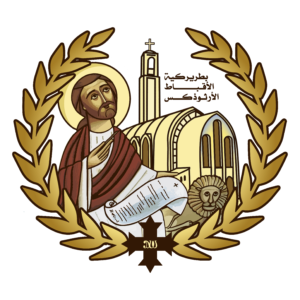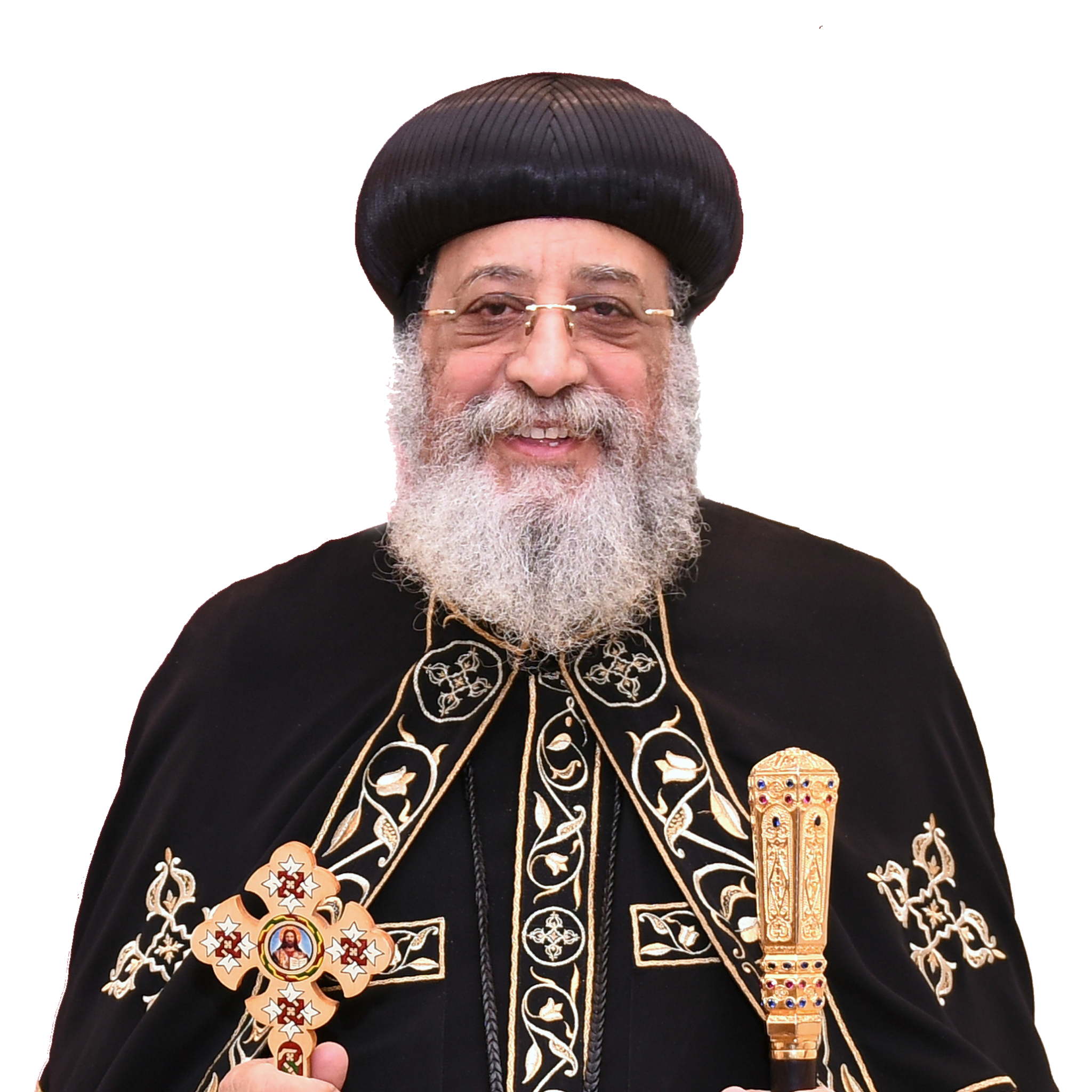- Al-waqf (An endowment): is a legal system under Islamic law that has an equivalence in Western constitutions. Endowments in Egypt are currently regulated by Law No. 48-1946 and are protected under the constitution in accordance to Article 90. One of the most important advantages of an endowment is that it is not permissible to seize endowed properties or possessions by laying-hands ownership for a long period.
- When the religious councils (Al-Magalis Al-Milliya) were established in the eighteenth century, one of their most important functions was to supervise the management of the Church’s endowments and its affiliated bodies such as hospitals, schools, and orphanages. However, they did not achieve the desired success in supervising these endowments.
- In 1979, the Church faced two issues:
- First: the government’s desire to apply the provisions of the land reform laws to Church endowments
- Second: the mismanagement of Church endowments
Therefore, the Holy Synod entrusted a legal commission made up of Church archons to search for a solution. The commission concluded that a law was required to establish a general body that would take charge of the administration of Church endowments under the supervision of the Central Auditing Organization, and take the necessary steps to implement the provisions of the land reform laws on Church endowments while being exempt from some of them.
Thanks to the wisdom of St. Pope Kyrillos VI and the Holy Synod, and the Church archons’ efforts, Law No. 264-1960 was issued, and its articles 1, 2, 3, 7 were very important:
- Article 1: “The lands that are endowed to the Coptic Orthodox Patriarch and Patriarchate, dioceses, monasteries/convents, churches, and the Coptic Orthodox educational bodies, and any other charitable organizations that are affiliated with them, are exempt from the provisions of Law No. 152-1957 with no more than 200 feddans endowed for each body and 200 feddans of wastelands”
- Article 2: “An authority shall be established, called The Authority of Endowments of the Coptic Orthodox, having legal status; it shall undertake the selection of the amount specified in the previous article and receive the value of the substituted land; its powers shall be determined by the President of the Republic”
- Article 7: “The Audit Bureau shall evaluate the Authority’s accounts, review them, and submit an annual report to it with the results of the evaluation”
Then Presidential Decree No. 1433-1960 was issued to form the first Board of Directors for the Authority, to define its specialty, and to arrange its affairs. One of the most important parts of this presidential decree is Article 2 which states: “The Authority of Endowments of the Coptic Orthodox specialize in the following:
- “Supervising the management of all endowments, including land and real estate, and holding accountable their managers for their revenues and expenses. In doing so, it has the authority to put in place systems it deems necessary to properly manage endowments, balance their accounts, maintain their finances, utilize them in the best possible way, and audit properties and assets
- “Prepare the annual general budget for endowments’ revenues and expenses
- “Distribute the proceeds of the endowed properties to the body they belong to according to their true needs and what ensures the preservation of their original purpose
- “Direct the surplus after the needs of the bodies they are endowed to towards renovations or beneficial objectives as they see fit
- “Appoint and dismiss endowments administrators”
Article 3 states that “the President of the Authority represents it legally.”
Article 5 requires that “the Board of Directors shall elect a representative and a secretary in its first session.”
Article 6 states that “board members shall not receive compensation or attendance allowance for their work.”
Since 1960, there have been five Boards of Directors; the first was established by Presidential Decree No. 1433-1960, and latest by Presidential Decree No. 198-2019 on April 18th, 2019, and the Authority has internal bylaws and financial bylaws.
- The Authority supervises the management of 4,667 feddans, 2 carats and 17 shares to approximately 337 endowments owned, in addition to other endowments that are in dispute with the Egyptian Endowments Authority and many buildings already erected. This is done by 205 administrators and 11 employees.
All of the Authority’s documents are photocopied and digitally recorded. Moreover, computers are currently used to record all decisions issued by the Board of Directors, as well as dealings with endowments administrators, including all types of communications.
- The current Board of Directors has created several administrative positions to ensure efficient and continuous work: Authority Deputy Representative and Authority Deputy Secretary.
It also established an office led by the Authority Representative to consider important matters before submitting them to the Board of Directors.
The Authority also issued several organizational decisions that aim to organize the administration of endowments and the guidelines for monitoring the administrators’ tasks, as well as involving their eminences the metropolitans, and their graces the bishops in monitoring the administrators’ tasks.
The most important of these decisions are:
- Not to appoint an endowment administrator except after the approval of the authorized metropolitan or bishop, while adhering to the wishes of those who endowed the endowment in selecting the candidates
- The administrator will be appointed for a three-year-term that can be renewed; this applies to the current administrators in light of their good performance in completing their duties
- The authorized metropolitan or bishop must be consulted before agreeing to replace any endowed property to confirm that the diocese has no need for it and the price is suitable
- The decisions issued to authorize an endowment administrator to substitute a caretaker from the caretakers of the endowment are forfeited after six months of their issuance if not implemented
- The accounts of the endowment administrator shall not be approved to paying out funds to the churches except after first being approved by the authorized metropolitan or bishop
It should be noted that the Central Auditing Organization has not recorded any serious financial violations against the Authority in the past sixty years
This page is also available in:
العربية



